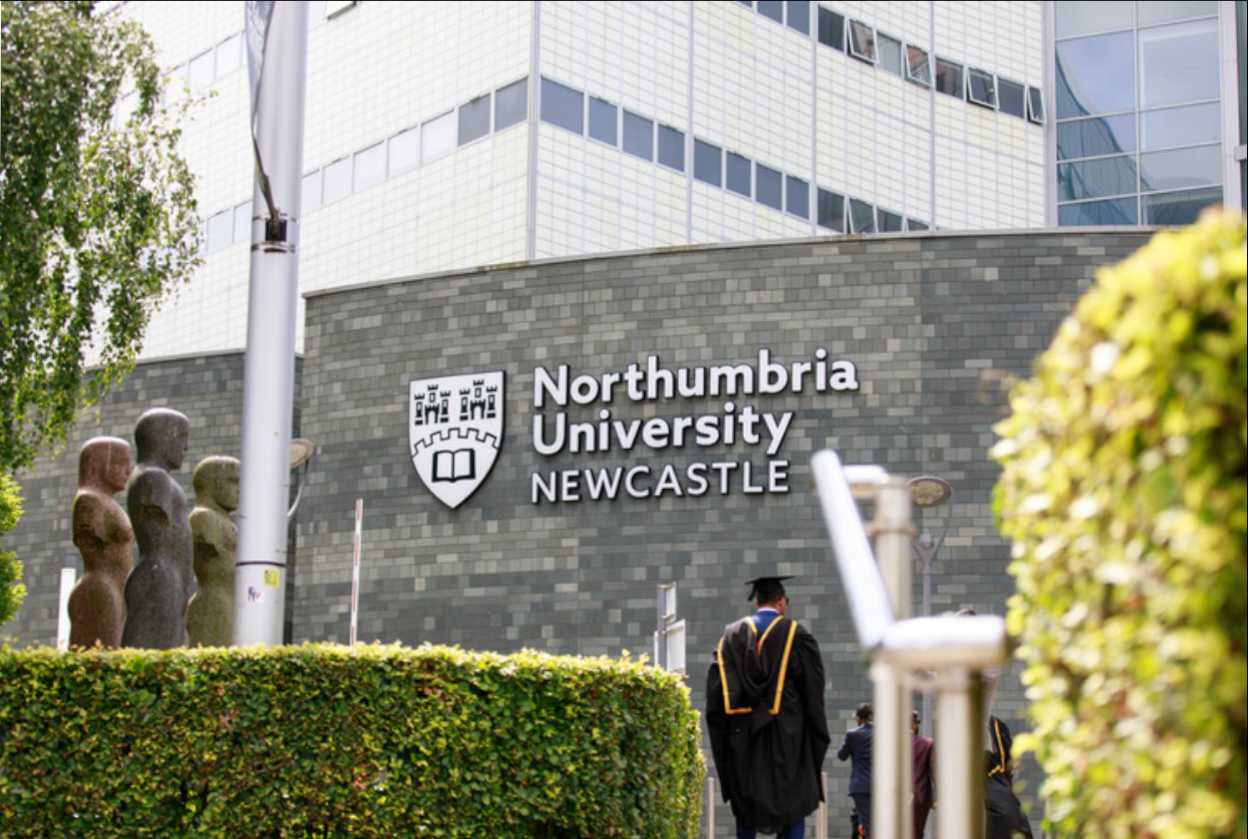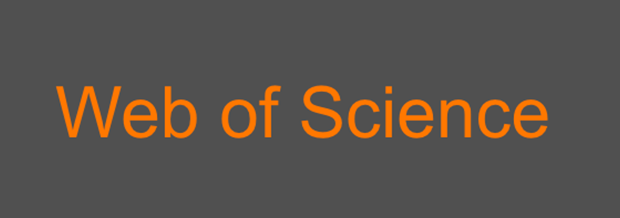Workshop Title:
(Re)Connecting Research and Teaching: Generating New Knowledge and Adopting Changing Pedagogies
Date:
July 11th, 2023 (GMT+1)
Organizer:
Northumbria University
Keywords:
- Pedagogy
- Higher Education
- Research
- Intersectionality
- Teaching and Learning
Workshop Chair:
Personal Bio:
Dr. Nafhesa Ali is a Lecturer in Sociology at Northumbria University and is an interdisciplinary Sociologist with expertise in the everyday lives of racialized and minority communities. Nafhesa's interest includes ageing, migration, relationships and environmental sustainability. Her forthcoming book titled Older South Asian women's experiences of ageing in the UK: Intersectional feminist perspectives will be published with Palgrave Macmillan in December 2023. Nafhesa's previous publications include two edited books, Storying Relationships (2021) and A Match Made in Heaven: British Muslim Women write about Love and Desire (2020) and journal publications in Sexualities, Ethnicities, Ethnic and Racial Studies and Cultural Geographies.
Workshop Description:
Background
Motivations for research-led teaching have centered around widening perspectives and encouraging critical thinking, through both theoretical and lived perspectives. With a continued push for Higher Education (HE) to integrate and connect empirical research that informs teaching and learning, this workshop aims to showcase the ways in which lecturers, professors, researchers, and other academics, have adopted research-led teaching in their own practice. The workshop will draw upon examples that include innovative approaches in which empirical and vocational research seeks to inform pedagogy.
The workshop seeks to explore at how empirically informed teaching creates increased space for Equality, Diversity and Inclusion (EDI) in the classroom, and benefits teaching content and learning materials available to students. Discussions around the importance of connecting research and teaching will reify knowledge around the need to advocate research-led teaching that informs, and contributes to, excellence in HE pedagogy and building dialogue between students and educators.
Goal/Rationale:
The challenges in teaching and learning, for both educators and learners, in HE is that there is the need to extend sociological and philosophical ideas to one that draws in and connects real world empirical research to allow both teachers and students to generate new knowledge and adapt to the changing environments in which pedagogy takes place.
For many years the challenges in the academy have been that the bodies of thought and perspectives used in education promoted essentialist views of understanding and knowledge. A key example has been the widening of HE curriculums to include optional or compulsory gender, race and ethnicity and/or sexuality modules. Whilst teaching has become more inclusive, and more so in selected areas, and research agendas have extended diversity in scholarship the methods we use as educators need to be examined.
With an increasing demand for academics in HE institutions to perform to the tasks of both teaching and research, the ways in which we teach but also what, and how, we teach can benefit from research-led and/or research-based pedagogy. Moreover, for students to recognise that they are taught be experts in their field adds to teaching excellence institutions can provide to their students.
Scope and Information for Participants
The workshop has two aims. First, to explore the tensions of research-based pedagogy in a panel discussion with academics who are applying research-led teaching (or not) in their own teaching. This discussion will draw attention to the ways in which research and teaching are often seen as separate entities. Here, panel members will look to address both the challenges and benefits of research-led pedagogy. Second, workshop facilitators and participants will actively share their own experiences and reflections of research-led teaching, as students or teachers in a 'speed-dating' style roundtable session. Here, workshops participants will be able to share their own experiences of receiving or facilitating research-based and/or research-led learning. The outcome of the workshop is to bridge anxieties about the connecting research and teaching, but to also engage students in becoming inquisitive learners and give teachers (academics) the confidence to adopt creative ways of teaching, and learning, through research-led pedagogy.
Highlights:
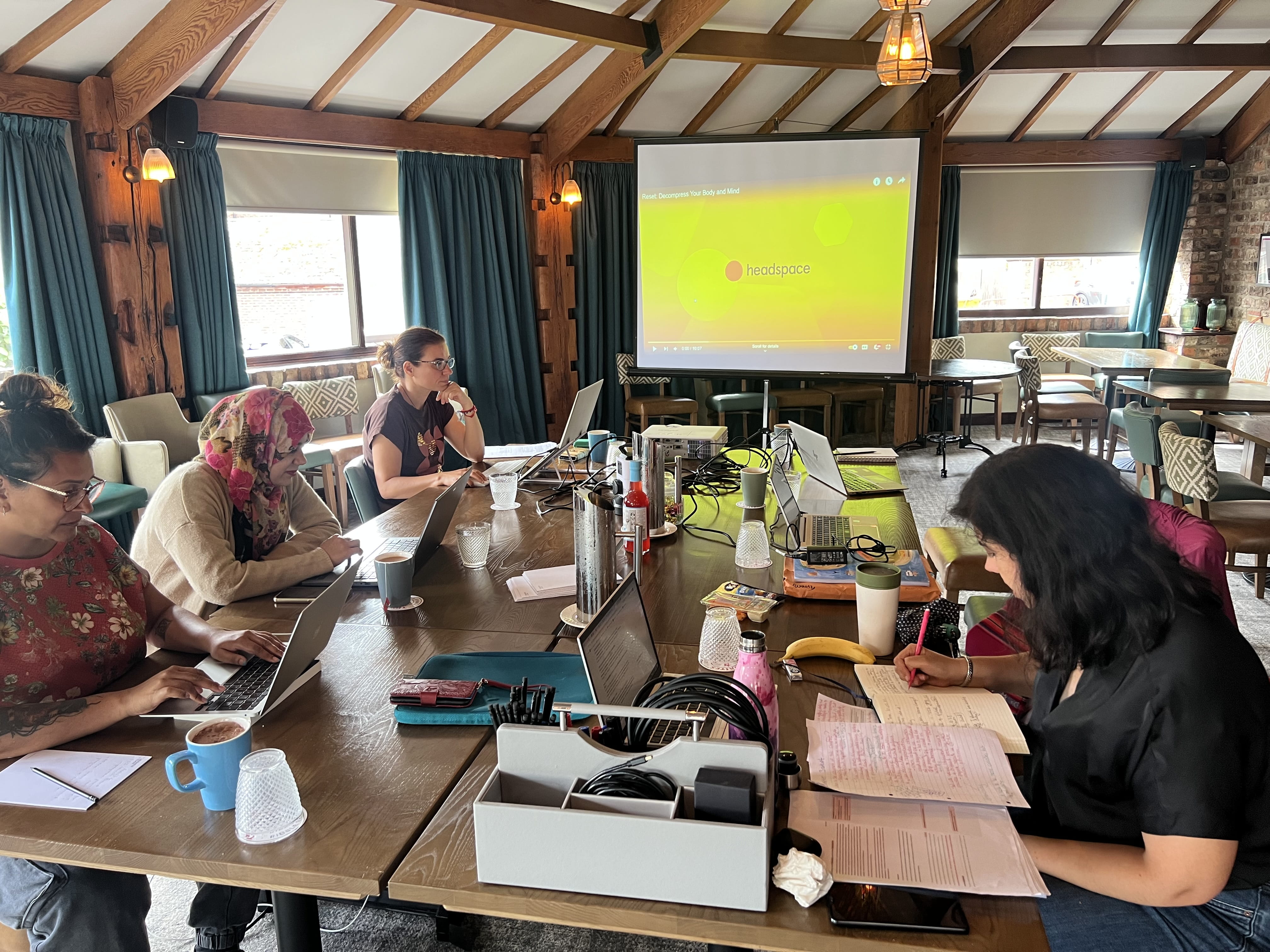
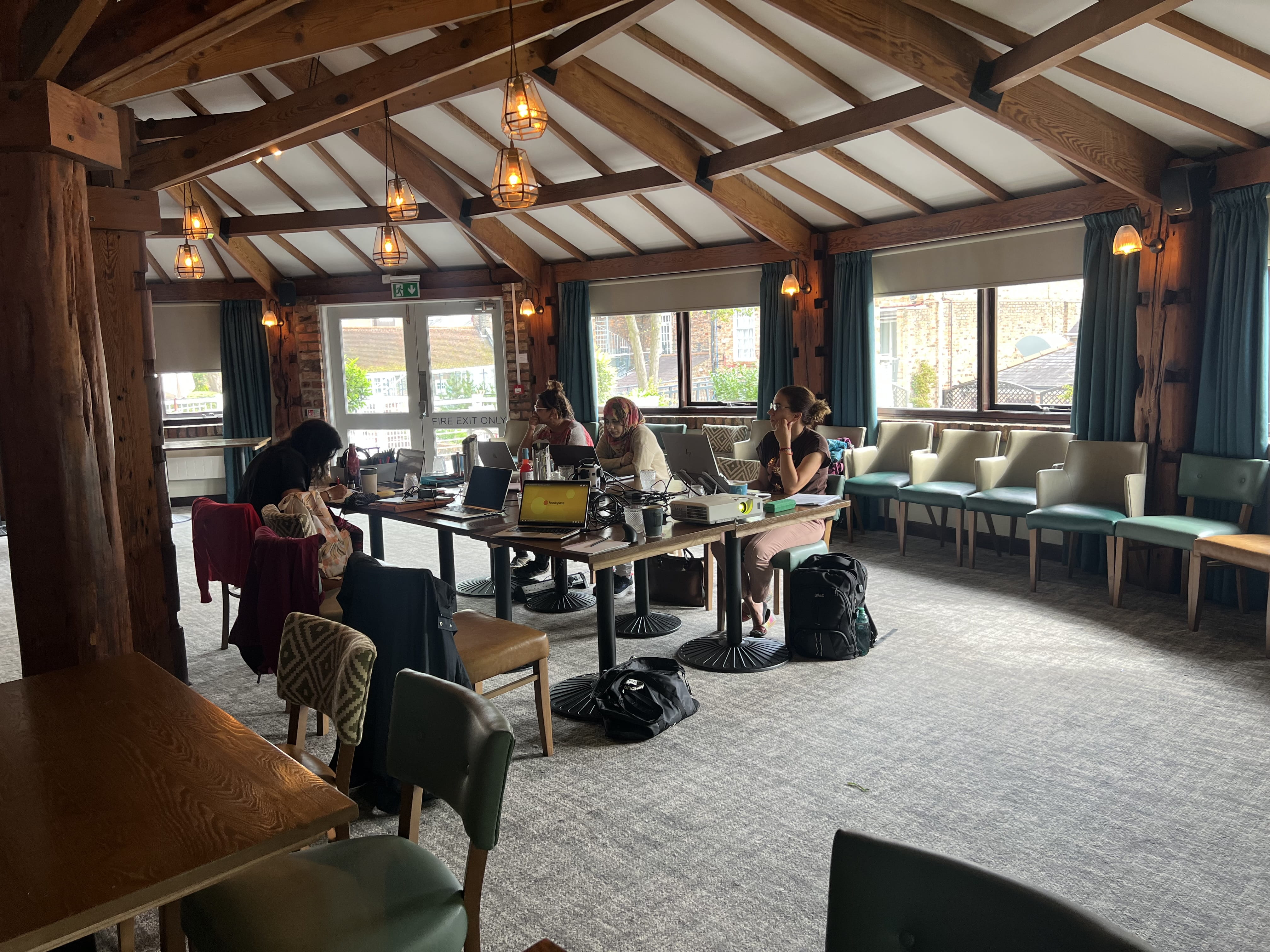

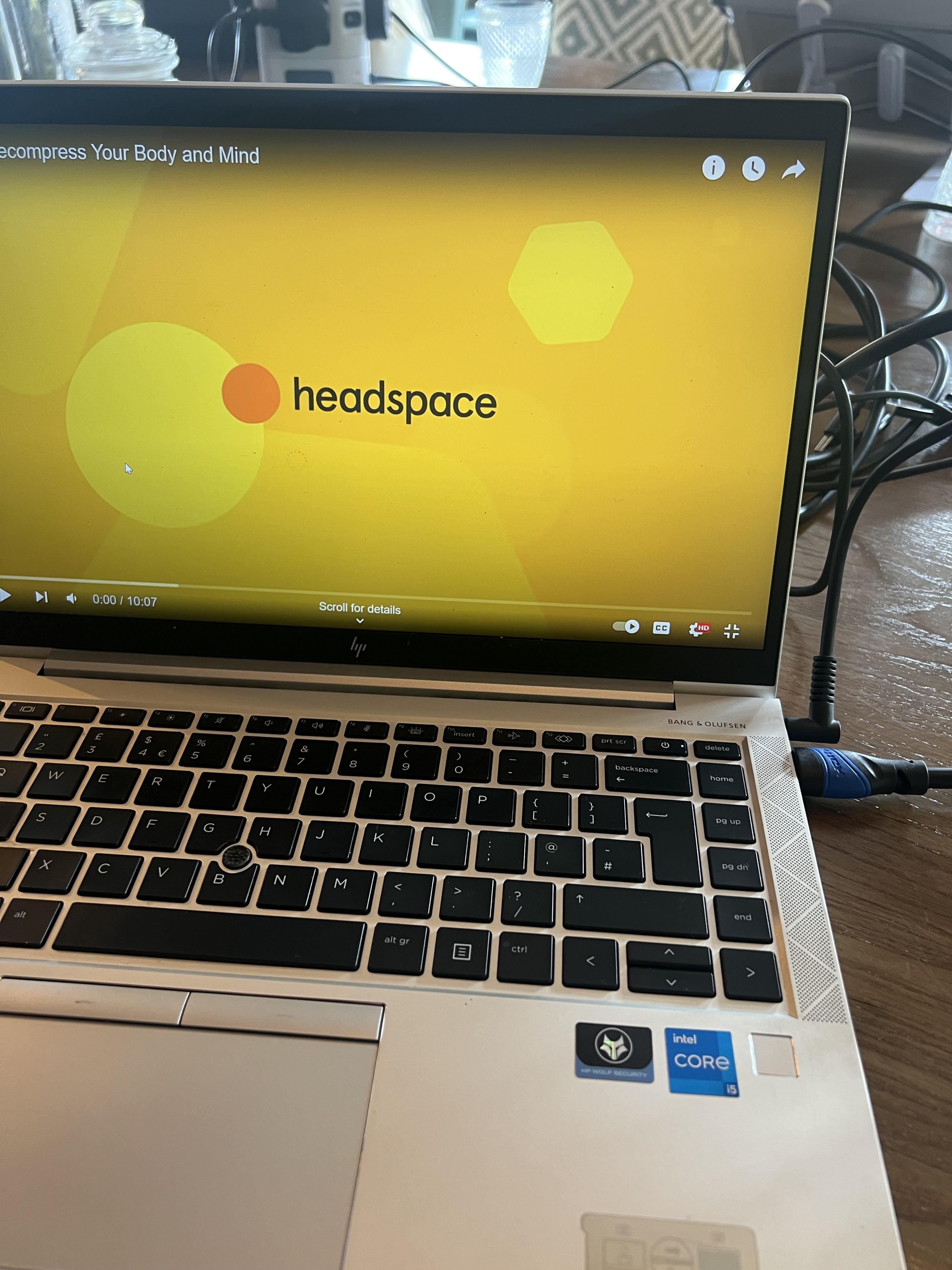
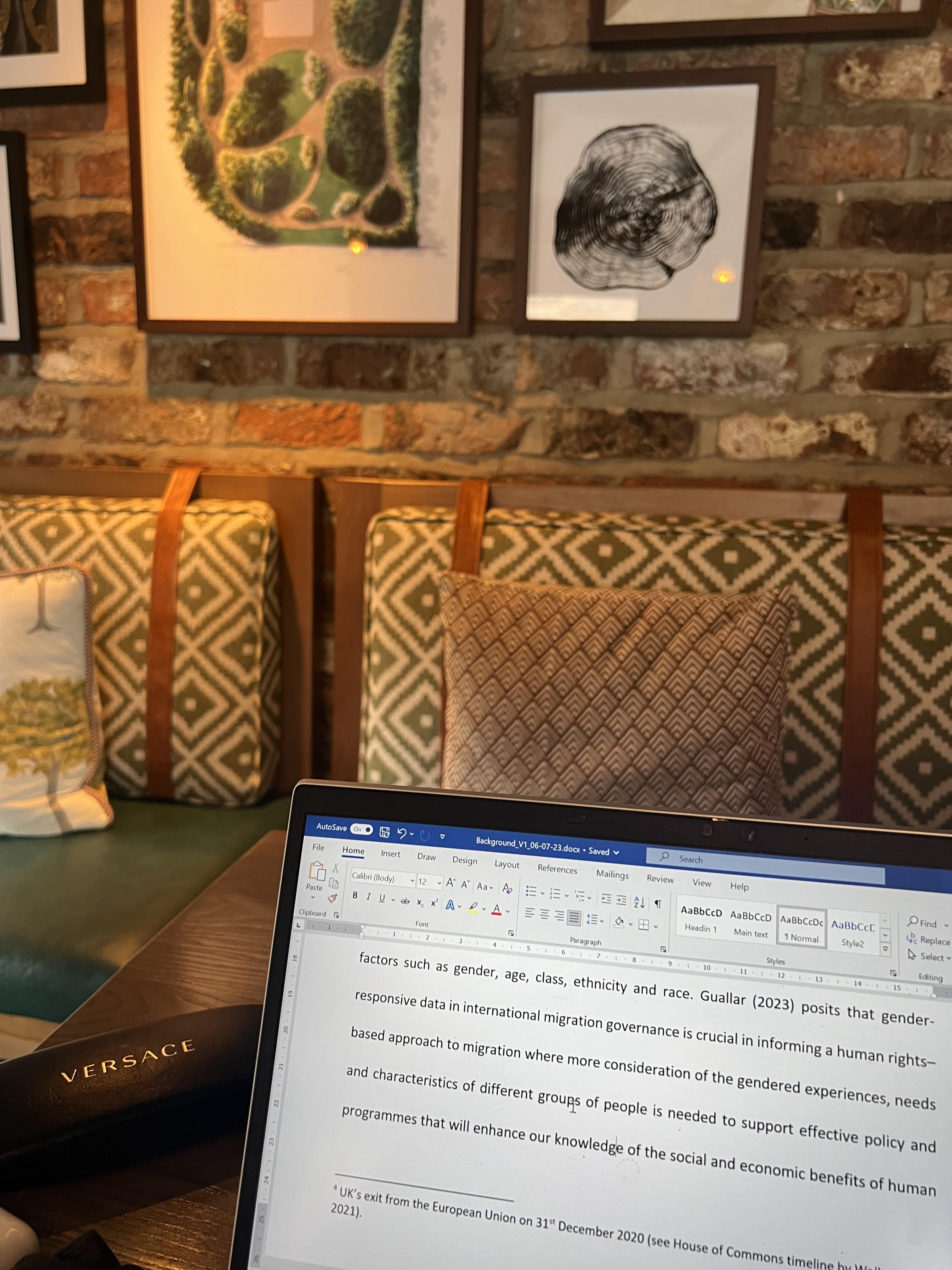
Connecting research and teaching is a crucial aspect of education that leads to a more dynamic and effective learning experience. Here's how these two aspects can be connected:
1. Incorporating Research into Teaching: Educators can infuse teaching research to create and share new knowledge in the classroom. This can be done through updated course materials, case studies, real-world examples, and guest lectures by researchers and industry experts. By exposing students to the latest research, they develop a deeper understanding of the subject matter and its relevance to the current state of knowledge.
2. Active Learning Strategies: Active learning promotes student engagement and a deeper understanding of the subject matter, making the learning experience more meaningful.
3. Fostering a Research Culture: Creating a research culture within educational institutions is essential for connecting research and teaching.
4. Adopting Changing Pedagogies: The field of education is constantly evolving, and educators should be open to embracing innovative teaching methods and technologies that are backed by research.
In summary, connecting research and teaching requires a symbiotic relationship where both inform and enrich each other. Integrating research into teaching and adopting changing pedagogies helps in generating new knowledge and providing students with a more relevant and impactful learning experience.
Access to Workshop:
ICEIPI 2023 Workshop -- Newcastle - YouTube
Venue:
Northumbria University, Sutherland Building, Northumberland Road, Newcastle-upon-Tyne, NE1 8ST, UK

VISA
Welcome to GOV.UK (www.gov.uk)
What you need to do
- Check if what you plan to do in the UK is allowed as a Standard Visitor.
- Check if you meet the eligibility requirements.
- Check if you need to apply for a visa to visit the UK.
- Apply for a Standard Visitor visa online - if you need one.
Check you meet the eligibility requirements
You must have a passport or travel document to enter the UK. It should be valid for the whole of your stay.
You must be able to show that:
- you'll leave the UK at the end of your visit
- you're able to support yourself and your dependants during your trip (or have funding from someone else to support you)
- you're able to pay for your return or onward journey (or have funding from someone else to pay for the journey)
- you'll not live in the UK for extended periods through frequent or successive visits, or make the UK your main home
Check if you need a visa to visit the UK
Depending on your nationality, you'll either:
- have to apply for a Standard Visitor visa before you travel to the UK
- be able to visit the UK for up to 6 months without needing a visa
You can check if you need a visa before you apply.
If you do not need a visa, you must still meet the Standard Visitor eligibility requirements to visit the UK. You may be asked questions at the UK border about your eligibility and the activities you plan to do.
